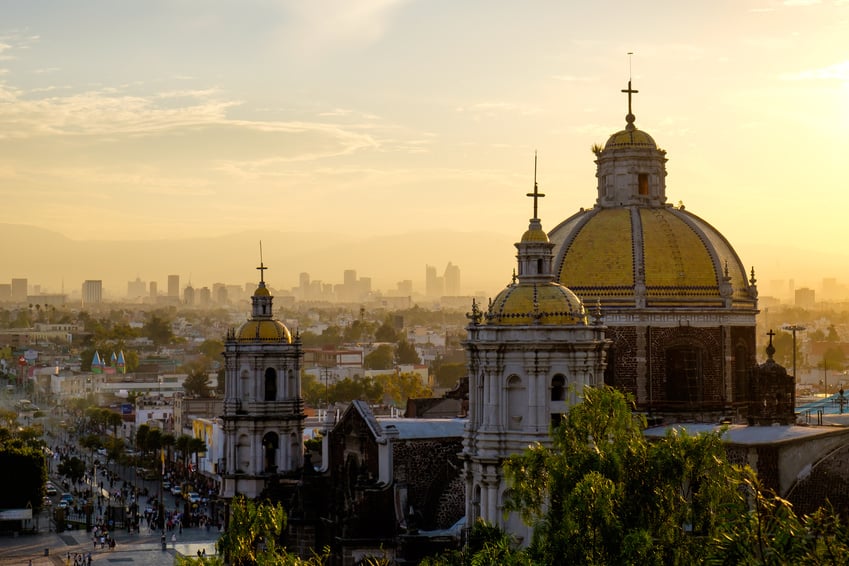On September 30, 2018, the United States Trade Representative (USTR) published the proposed text of the agreement to replace the 25-year-old North American Free Trade Agreement (NAFTA), called the United States-Mexico-Canada Agreement (USMCA).
The new tripartite agreement — still subject to further revision — is comprised of 34 chapters, 11 annexes and 12 side letters, and notably, it covers a chapter alone on anti-corruption, which includes a regional commitment to curb corruption.
The USMCA’s anti-corruption highlights are as follows:
- To tackle corruption, each party must adopt or maintain legislative and other measures
as may be necessary to establish as criminal offenses under its law, in matters that affect international trade or investment, the embezzlement and misappropriation by a public official of any property, public or private funds, by virtue of his or her position. - More importantly, it establishes the obligation to adopt or maintain appropriate measures to protect whistleblowers from discriminatory and retaliatory actions, if they report in good faith suspected government corruption, embezzlement and misappropriation.
- It also recognizes the importance of creating, developing and implementing effective internal auditing controls and ethics and compliance programs, proportionate and tailor-made to the risks that the company faces in preventing, detecting and deterring bribery and corruption within the company.
- International cooperation, coordination and exchange of information between the anti-corruption law enforcement agencies of the United States, Mexico and Canada.
- Disputes relating to matters of the USMCA’s anti-corruption chapter will be subject to
the Dispute Settlement procedure set forth in Chapter 31 of such agreement, except for
matters arising for the application and enforcement of anti-corruption laws or
cooperation efforts. With respect to the USMCA’s Dispute Settlement procedure —
which includes consultations, conciliation, mediation and establishment of panels —,
consultations relating to anti-corruption matters will include personnel of the respective
government authorities and the selected panelists shall be experienced in anti-corruption matters.
The USMCA’s anti-corruption efforts reached between the United States, Canada and Mexico represent a promising path forward to combat corruption both in the public and private sector, taking highly visible action through legislative measures, administrative enforcement actions and international cooperation. Based on the foregoing, it is critical for companies to undertake comprehensive risk assessments to develop or strengthen their compliance programs and internal audit procedures to self-align to international standards and mitigate potential corruption risks.
In Baker McKenzie, we are committed to share valuable information with our clients and friends to promote anti-corruption practices. If you have any questions about these matters, or wish to prepare for the potential impacts of this new agreement, please do not hesitate to contact us.




